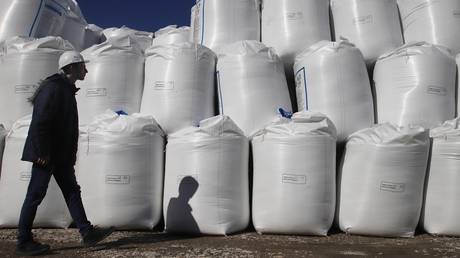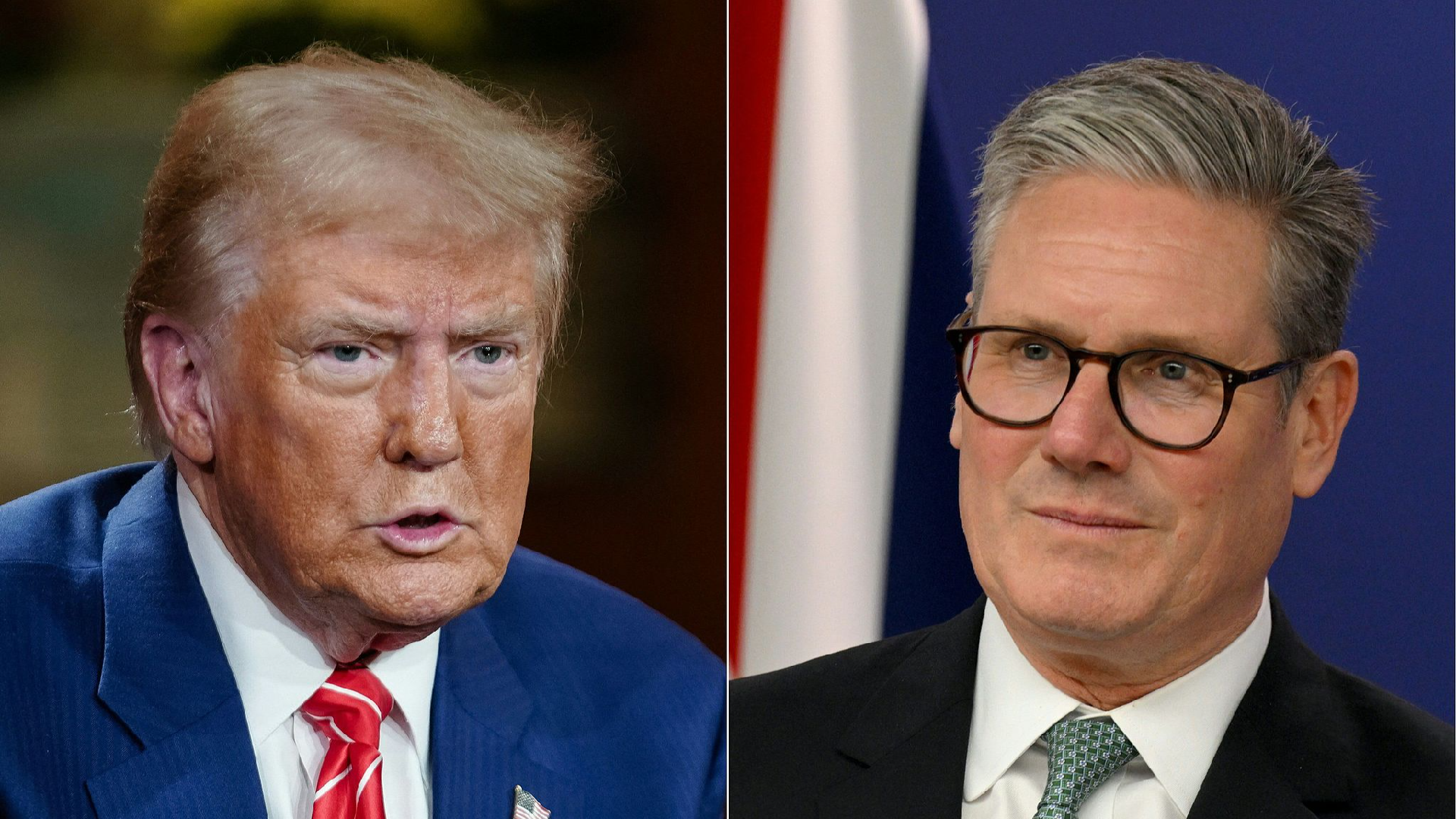Media: Surge in EU imports of Russian fertilizer
In a notable shift, EU imports of Russian fertilizer have surged, with Poland emerging as the leading purchaser. Read the full article at RT.com

The monetary expenditure on these imports surged to over €649 million ($703 million), reflecting a 30% year-on-year increase.
May specifically saw imports increase to €77.4 million ($83.8 million) in value, a 5% rise from the previous year, and a 17% escalation in volume, reaching 238,400 tons. According to the report, this climb was predominantly driven by heightened demand for potassic and multi-nutrient fertilizers.
Additionally, there was a significant 39% growth in the EU's imports of Russian nitrogen fertilizers during the same period, which comprised 57% of the EU's total fertilizer imports from Russia. Specific figures highlighted Poland as the leading importer of Russian urea, with a 25% increase in imports up to nearly 468,000 tons. France, Germany, and Italy also saw increases of 12%, 11%, and 10%, respectively in their import volumes.
The report from Vedomosti also pointed out that the cost of producing fertilizers significantly increased throughout the EU in 2022 due to the spike in natural gas prices. This was further compounded when Gazprom, previously a major gas supplier to the EU, considerably cut down its exports following Western sanctions and the destruction of the Nord Stream pipelines.
The heightened cost of inputs led to several European producers of nitrogen-based fertilizers reducing or completely stopping their operations, thus necessitating increased imports from Russia, the leading global producer and exporter of urea.
In addition, last year's data from the Federal Statistical Office (Destatis) showed a dramatic rise in Germany's imports of Russian fertilizers, increasing by approximately 334%, from 38,500 tons in July 2022 to 167,000 tons in June 2023. Notably, imports of just urea soared by 304% in the first half of 2023 compared to the same period the year before.
Moreover, earlier this year, Svein Tore Holsether, CEO of Norwegian chemical firm Yara International, expressed concerns in an interview with FT about the EU's increasing dependency on Russian fertilizers, drawing parallels with previous dependence on Russian natural gas.
Sanya Singh for TROIB News
Find more stories on Business, Economy and Finance in TROIB business












